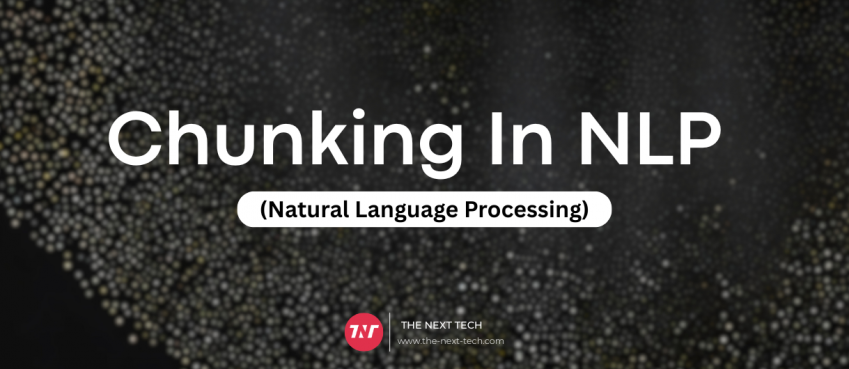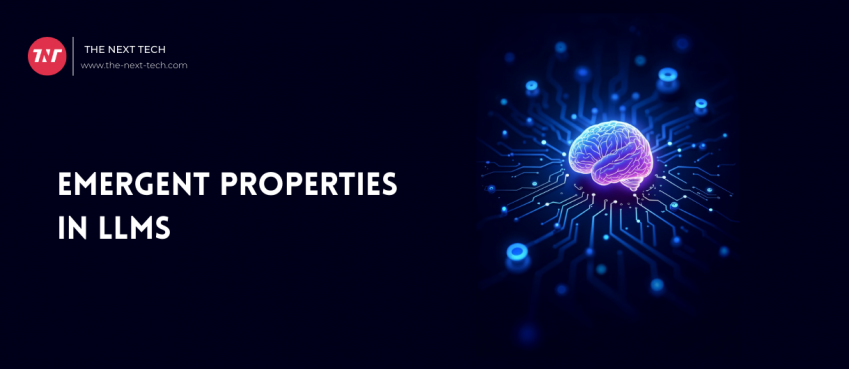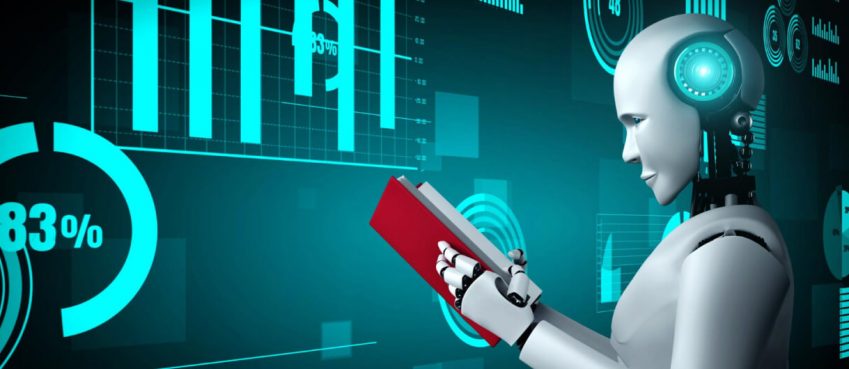
An immense amount of data is currently generated through different sources, known as big data. Due to its volume and complexity, Data Science is used, for its interpretation, through algorithms and scientific methods.
Companies can leverage this information to optimize their behavior-based digital marketing strategies.
Machine learning is a discipline that creates automated learning systems from data analysis.
The concept of “learning” or learning goes beyond memorizing, it is about creating models and conclusions from the information provided. Identify patterns, forecast market trends, massive events and allow to better understand audiences.
The impact of machine learning on digital marketing
In such a competitive market, intuition and subjectivity have no place. With big data and machine learning, brands create scientifically based strategies to attract and retain customers.
Among the marketing processes can benefit with machine learning and print marketing are: A lead scoring more precise based on previous behavior; prediction of customer turnover, to know when a customer leaves the company and thus prevent it; analyze the emotions behind a written message, which is essential to properly channel customer service, among others.
Also read: [Fixed!] Janitor AI Not Working (2025 Guide)
Personalized recommendations
With machine learning, it is possible to provide relevant recommendations for each user.
This is what streaming platforms like Netflix do when suggesting series or movies according to the history and profile of their subscribers.
Content creation
Suggestions are the most well-known machine learning application on Netflix, but the company uses this technology in other areas, for example, to optimize the production of movies and series by identifying the characteristics of successful content, as well as the choice of channels and advertising creativity to attract new users.
Customize customer experience
In content marketing, AI and machine learning can determine what information will be most relevant to each visit to a website and show it to you.
Delta Faucet implemented smart content on its site and recorded a 49% increase in page views and 45% of paid advertising traffic spent at least 40 seconds reading its content.
With machine learning, brands gain a better understanding of the public and can anticipate their wishes, even before the customer identifies a need.
Now is a great time to work in the marketing department, as in the modern information world, marketing is becoming increasingly important in most organizations.
But it also means that the life of the marketer has become more complicated, despite all the tools at his disposal.
Marketing specialists have to solve many problems: how to get ahead in the conditions of fierce competition; how to increase customer loyalty; reorientation of business from product to client; the saturation of social networks, where everyone is now a content provider; how to better understand the buyer; how to justify the return on investment within the company; how to keep up with technology, etc.
The list goes on and on. In the world of marketing, it is usually clear what needs to be done, but it is not always clear how to do this in an optimal way.
Also read: Best Oculus Quest 2 Accessories To Bring Home In 2025
Can marketers do anything else to solve these problems?
Yes, and the solution to some problems will tell machine learning, it’s time to seriously think about it! As we move from a hypothesized world to a data-based world, we realize that theories are no longer needed.
Practical decisions need to be based on data. I do not mean reading and digesting hundreds of reports myself. I mean the data, the analysis of which you will receive guidance on specific actions, and this can only be achieved through machine learning.
If companies rely on the creation of self-driving cars using machine learning, then I am sure that ML can help you in solving some problems.
Many people consider the involvement of machine learning in marketing one of the most important innovative opportunities for marketers, because now there is more data than ever, and a person can not process and analyze it without using these technologies.
Of course, machine learning cannot solve all your problems, but it will provide you with logical ways to solve many marketing issues.
So why is everyone talking about machine learning now?
Machine learning is a separate branch of artificial intelligence (AI). In simple terms, this technology is used in the development of computer programs with the ability to independently develop and improve when introducing new data.
ML is a kind of intelligent assistant that addresses areas such as artificial intelligence, statistics, data mining, and optimization.
In reality, machine learning technology has been around for decades, but two trends have contributed significantly to its phenomenal growth:
Large amounts of data. More data. the more useful and relevant machine learning becomes.
Availability.
A few years ago, machine learning technologies were not available to marketers: installing the infrastructure and building a team of specialists was very expensive. Previously, the successful use of ML required custom-made algorithms and huge expenses, but everything changed.
Also read: How To Turn Off Likes + Views Count On Instagram? Do It In Just 4 Simple Steps
How can machine learning be useful to a marketer?
Anticipating customer needs is far from a new phenomenon. Qualitatively new is the ability to automatically respond to these needs in real-time and in full scale through machine learning. The most common examples of using ML in marketing are:
- Search and forecasting of the most and least valuable customers in terms of their “life cycle”;
- Creating images based on client clusters and creating appropriate content and services for them;
- The recommendation of new products and content with the greatest prospects of purchase;
- Testing the many possible routes that consumers can follow after using the content;
- Purchase programmable advertising;
- Optimization of customer interest through personalization of content;
- Preliminary assessment of potential customers.
Conclusion
As we already know what is big data and how to apply it to your online business, Webchefz had a successful experience in implementing this technology in a marketing platform to build recommended audience segments.
You need to understand that ML is something that will very soon become the standard for automation systems of any client business.
Experts predict that it is machine learning technologies and solutions for collecting, storing and “smart” data analysis that can give business in the entertainment industry a significant boost and competitive advantage in the struggle for the audience.
Analysis of preferences, advanced audience segmentation, and dynamic pricing are the three pillars on which the event industry will be supported in the near future.
Top 10 News
-
01
Top 10 Deep Learning Multimodal Models & Their Uses
Tuesday August 12, 2025
-
02
10 Google AI Mode Facts That Every SEOs Should Know (And Wha...
Friday July 4, 2025
-
03
Top 10 visionOS 26 Features & Announcement (With Video)
Thursday June 12, 2025
-
04
Top 10 Veo 3 AI Video Generators in 2025 (Compared & Te...
Tuesday June 10, 2025
-
05
Top 10 AI GPUs That Can Increase Work Productivity By 30% (W...
Wednesday May 28, 2025
-
06
[10 BEST] AI Influencer Generator Apps Trending Right Now
Monday March 17, 2025
-
07
The 10 Best Companies Providing Electric Fencing For Busines...
Tuesday March 11, 2025
-
08
Top 10 Social Security Fairness Act Benefits In 2025
Wednesday March 5, 2025
-
09
Top 10 AI Infrastructure Companies In The World
Tuesday February 11, 2025
-
10
What Are Top 10 Blood Thinners To Minimize Heart Disease?
Wednesday January 22, 2025







